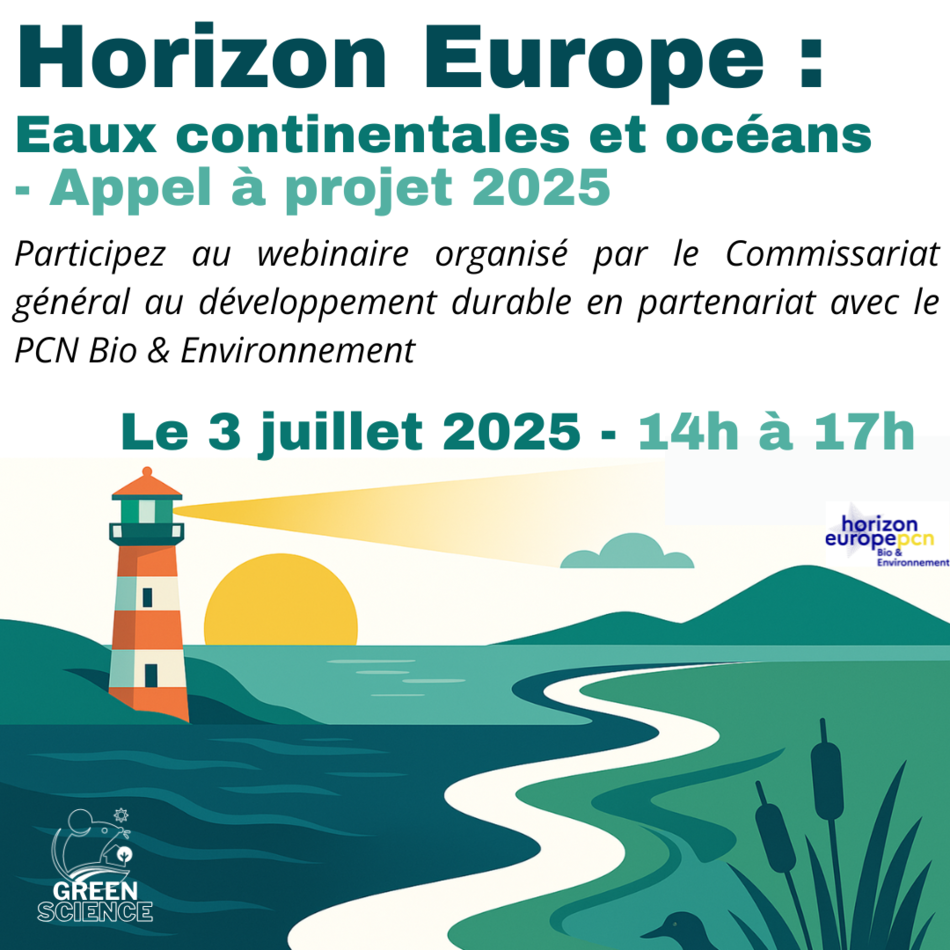Expected Outcome:
In line with the European Green Deal objectives, the farm to fork strategy for a fair healthy and environmentally friendly food system, the EU bioeconomy strategy and the blue growth strategy, the successful proposal will support research and innovation on animal health and welfare in aquaculture to contribute to an environmentally friendly, inclusive, safe and healthy seafood production, including from freshwaters.
Project results are expected to contribute to all of the following expected outcomes:
- Advancement of knowledge about how farmed fish react to farming conditions and their effects on their welfare and growth.
- Development of innovative and less invasive disease prevention, monitoring, control and treatment approaches for a more sustainable production.
- Healthier seafood production through improvement in farming practices and thus contribute to increase its competitiveness.
- Improve the professional skills and competences of those working and being trained to work within the blue economy.
Scope:
Aquaculture is the food production sector with the fastest growth globally, but in the EU it is stagnant. Fish and mollusc disease remain an important constraint on productivity and its prevention and management are essential for the sustainability of the European aquaculture industry. Parasites, viruses and microbes often have devastating effects when they infect fish or shellfish farms. The great variety of species cultured and production systems used hinders the implementation of good husbandry practices tailored to each aquatic species. The aquaculture sector falls short of codes of good practice and technologies for the early detection, prevention and control of aquatic diseases. There is also a need for alternatives to pharmaceutical treatments: antimicrobials and antiparasitic drugs are limited and expensive, environmentally impacting and raise consumers concerns on the safety of seafood. The Strategic Working Group on Fisheries and Aquaculture (SCAR-Fish) and the Collaborative Working Group on Animal Health and Welfare (SCAR-AHW) in the frame of the Standing Committee on Agricultural Research (SCAR), highlighted in a recent study[1] several fish pathology issues that need urgently to be explored by research and addressed by innovation, such as rapid tests for diagnosis and DNA vaccines at the level of hatchery, bloodstock, cage, pond, etc. Research in this topic should consider the priorities of the SCAR-Fish study.
A similar SCAR-Fish and SCAR-AHW study[2] revealed major gaps related to fish welfare, such as a striking lack of welfare indicators, and a strong interest from the industry to improve fish welfare for more and better production. Main gaps presented by this study should be included in the research under this topic.
Codes of good practices are crucial for fish and shellfish sustainable production. Research under this topic should develop innovative aquaculture approaches to achieve the highest possible health standard in production, including breeding, nutrition, alternative disease control methods or increased biosecurity. A holistic approach should be applied, considering the interaction with the environment, the reservoirs, wild and farmed fish interaction or the importance of co-existing pathogens simultaneously infecting the same hosts. Modelling of aquaculture health economics should be covered in the study.
Strong and active involvement of stakeholders and end-users, including industry and NGOs, in a co-creation approach, is key for the success of the projects that will be selected.
International co-operation with partners from non-associated third countries is strongly encouraged as a win-win scenario, while contributing to the European competitiveness and resilience.
Where relevant, proposals may seek synergies and capitalise on the results of projects funded under Horizon 2020, Horizon Europe, European Maritime and Fisheries Fund, its continuation European Maritime, Fisheries and Aquaculture Fund, and other funding streams
[1] SCAR-Fish & SCAR AHW (2019). Disease Prevention In Farmed Fish New Developments and Research Needs. https://scar-europe.org/images/FISH/Documents/CASA_Fish_Disease_Final-R…
[2] SCAR-Fish & SCAR AHW (2018). Strengthening fish welfare research through agap analysis study. https://scar-europe.org/images/FISH/Documents/Report_CWG-AHW_CASA_FISH-…





